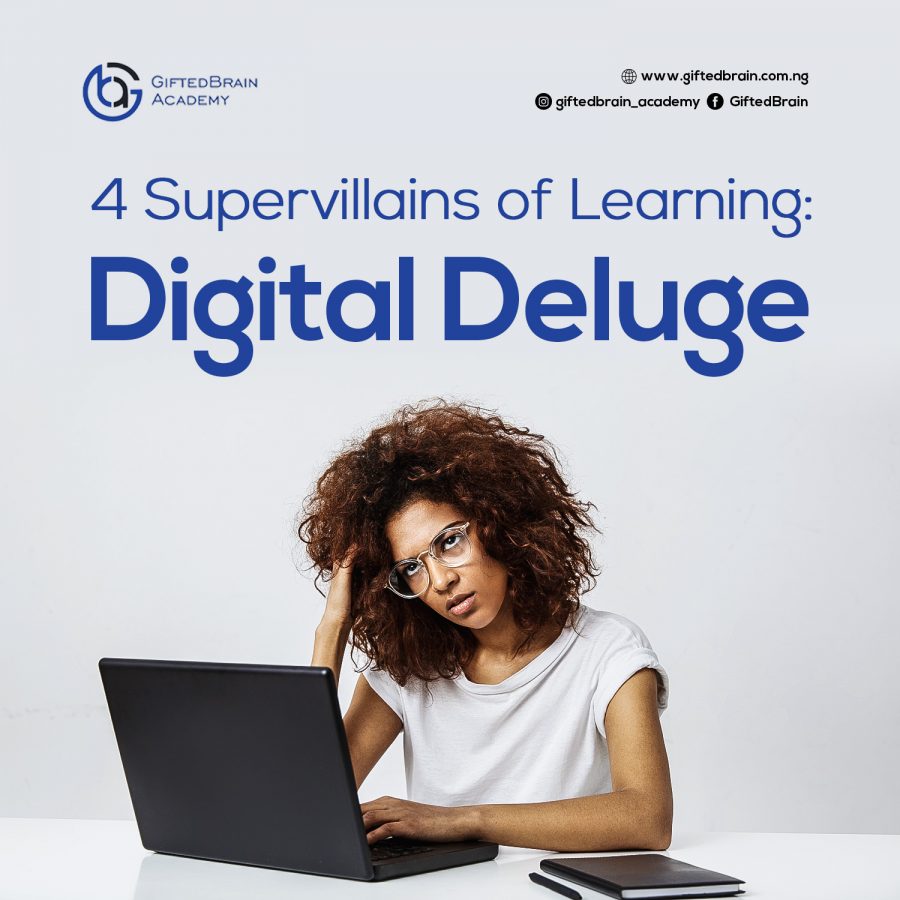DEDUCTION – the act of drawing a conclusion from already made laws, available references, or sources.
We are in times where all answers to problems can be obtained at the click of a mouse or swipe of a finger. Times where there is a heavy reliance on technology to solve every question. Take, for instance, a student given an exercise to write a debate on a particular topic. The first thing he does is go online and collate the opinions of others regarding that issue without even thinking a minute for himself. Similar to digital dementia which leads to a breakdown in our cognitive abilities, digital deduction makes us lose our critical thinking, problem-solving, and creativity skills.
[adrotate banner=”3″]
Nowadays, if you want to know the implications of an event or a trend, a quick online search will provide endless amounts of analysis. The availability of information about everything also means that there is a wide range of opinions about everything. What we should know is that these opinions were formed by other people and posted online, therefore we should not be too accustomed to them. This isn’t to say that it is a bad thing, however, we are gradually losing the ability to think for ourselves.
Before the Internet, we were limited in our access to the opinions of others, and now being able to get as many perspectives on a topic as possible is very valuable in helping us to form our own opinions. Unfortunately, our over-dependence and misuse of it cause us to tend to identify a handful of sources with which we align and then give those sources extreme influence over our thinking and decision-making. According to Jim Kwik, this causes the ‘muscles’ we use to think critically and reason effectively to atrophy.
We are letting technology do the deduction for us. And if technology is forming our deductions, then we are also ceding much of our problem-solving, critical thinking, and creative abilities. Jim Taylor defines thinking as: “the capacity to reflect, reason, and draw conclusions based on our experiences, knowledge, and insights. It’s what makes us human and has enabled us to communicate, create, build, advance, and become civilized.” Playwright Richard Foreman fears that this reliance on the internet to do much of our thinking is changing our very selves, the very attribute that makes us human. What happens when we cannot think for ourselves anymore? We accept everything we see online without taking time to analyse them, probably forgetting that these are the opinions of other people just like us.
By throwing a question our way, Jim Kwik explains the meaning of digital deduction in very simple terms
‘How do you feel when someone tries to impose their thinking on you? If a family member, friend, or
colleague came up to you and said, “Don’t think about this; here’s your opinion”. How would you react?
Everyone, if not all, is not very keen on people forcing their own opinions on them. Yet, when we
immediately reach for the internet to provide us with information, we’re essentially inviting the same
thing.
How to Handle Digital Deduction
The way to deal with digital deduction is to consciously cultivate the habit of critical thinking. Allow yourself to think for a few minutes before resorting to searching online. This will require practice as we have become used to the habit of checking our phones first for answers before thinking critically about a problem. After much thinking, phones can then be employed to aid the critical thinking process; this is how to take advantage of technology.
What do you think about Digital Deduction? Post them in the comment section.




